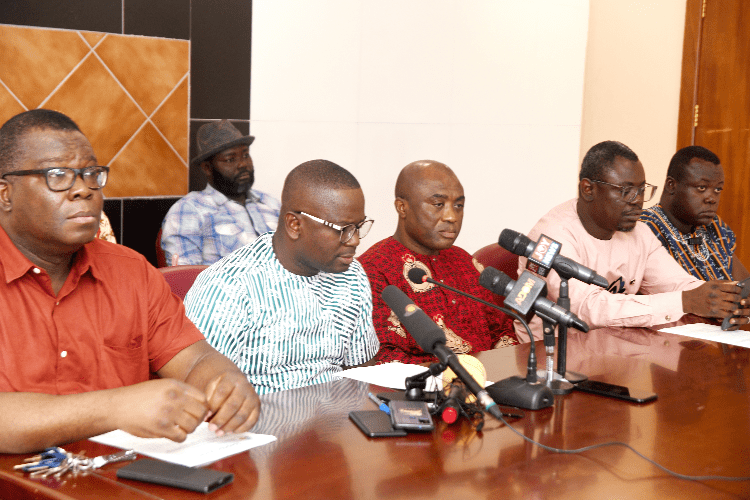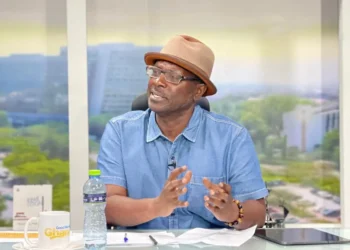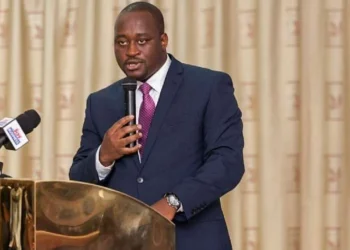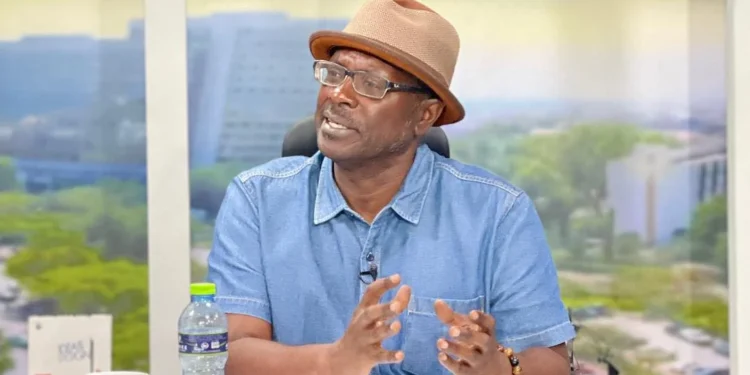In a precarious stalemate, the negotiations between Ghana government and three pre-tertiary teacher unions, including the National Association of Graduate Teachers (NAGRAT), Ghana National Association of Teachers (GNAT), and Coalition of Concerned Teachers (CCT-GH) remained unresolved for nearly three weeks after the unions suspended their nationwide strike action.
Among the major demands of the unions was the renegotiation of collective bargaining agreements, especially concerning professional development allowances.
The three pre-tertiary unions had also expressed concerns regarding deprived area allowances, transport allowances, rent allowances, teaching, and assessment allowances, among other issues.
The three teacher unions, namely the National Association of Graduate Teachers (NAGRAT), Ghana National Association of Teachers (GNAT), and Coalition of Concerned Teachers (CCT-GH), have voiced their disappointment with the government for failing to uphold its end of the agreement.
The General Secretary of the Ghana National Association of Teachers (GNAT), Thomas Musah commenting on the issue expressed vehement disappointment at the government’s perceived lack of commitment to fulfilling its obligations under the agreement.
He expressed outrage at what he described as the government’s failure to honour the court’s directive and its reluctance to engage in substantive negotiations with the three pre-tertiary unions.
“Almost three months after we called off our nationwide industrial action, nothing substantive has happened. No concrete agreement has been reached between the government of Ghana and we the three teachers’ unions. We are particularly not happy at all, and the continuous delay by our employer, which is the government of Ghana in my opinion is not helping the negotiation talks at all”
Thomas Musah, General Secretary of GNAT
Mr Musah’s frustrations, he noted underscores the impasse that has characterized the ongoing talks with the government of Ghana and its key institutions including the National Labour Commission and the Fair Wages and Salaries Commission.
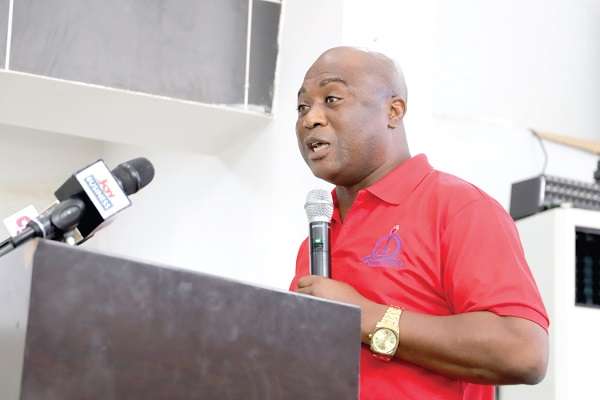
Government’s Perceived Conduct Undermines Negotiations
According to him, despite the unions’ willingness to engage in dialogue, the government’s conduct has hindered any meaningful progress, leaving the negotiations in limbo, with possible future repercussions.
In an impassioned plea on behalf of the three pretertiary teacher unions, Thomas Musah, the General Secretary of the Ghana National Association of Teachers urged the government to adhere to the court’s directives and promptly address their grievances.
He warned that the continued government inaction would compel the unions to resume their industrial strike action, a move that could disrupt the already fragile academic calendar.
It is important to state that, the potential impact of another strike action on Ghana’s basic education system cannot be overstated.
Previous strikes have resulted in significant disruptions, affecting not only students’ education but also the wider societal fabric.
With an academic calendar already marred by disruptions, the prospect of further turmoil looms large.
It is therefore imperative for the government, particularly the Ministry of Education, the Fair Wages and Salaries Commission, and the National Labour Commission, to act swiftly to avert such severe repercussions.
Failure to address the grievances of the teacher unions and facilitate constructive dialogue could exacerbate existing tensions and deepen the crisis in the country’s education sector.
As the saying goes, “coming events cast their shadows before them”. The unresolved negotiations between the government and the teacher unions serve as a stark warning of the potential consequences of inaction.
It is incumbent upon all parties involved to prioritize the interests of Ghana’s education system and work towards a swift resolution before it is too late.
READ ALSO: Ghana’s Delegation Takes Center Stage at IMF/World Bank Spring Meetings

